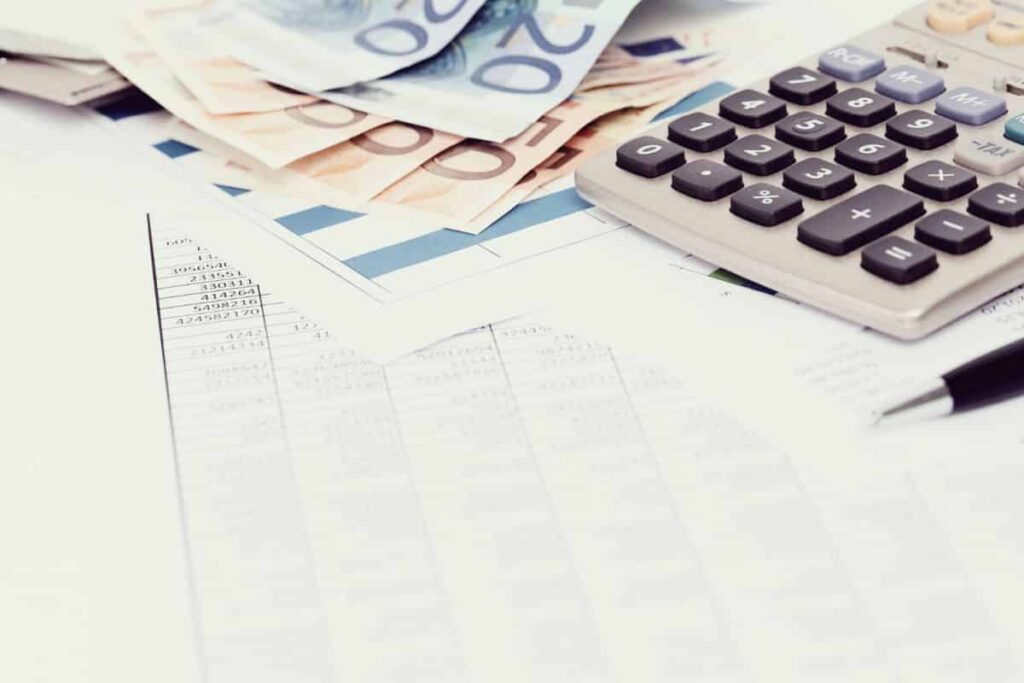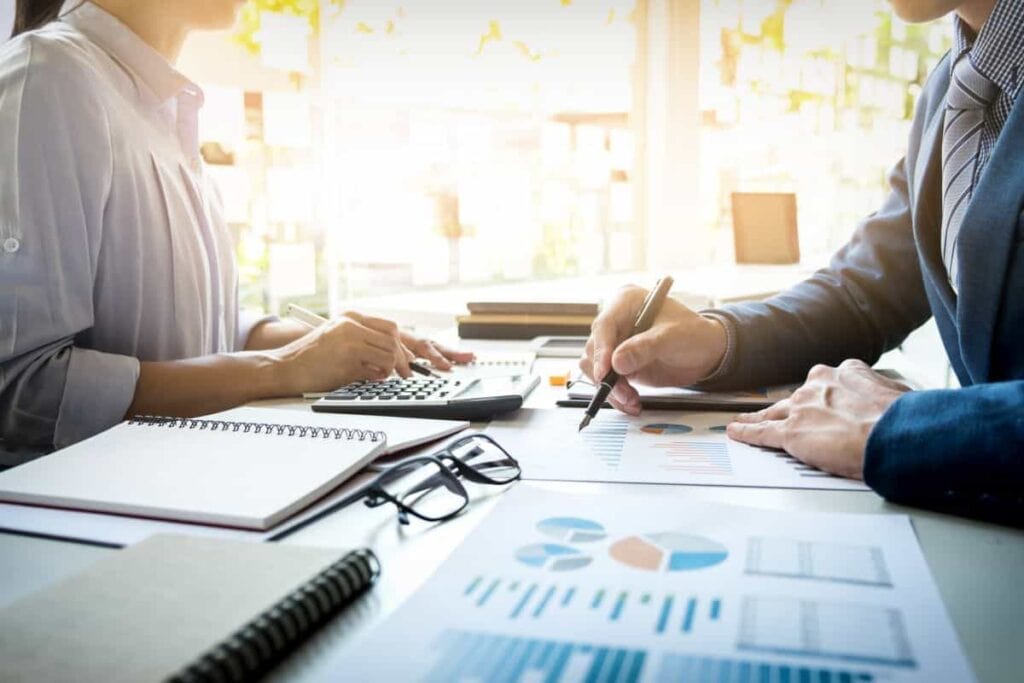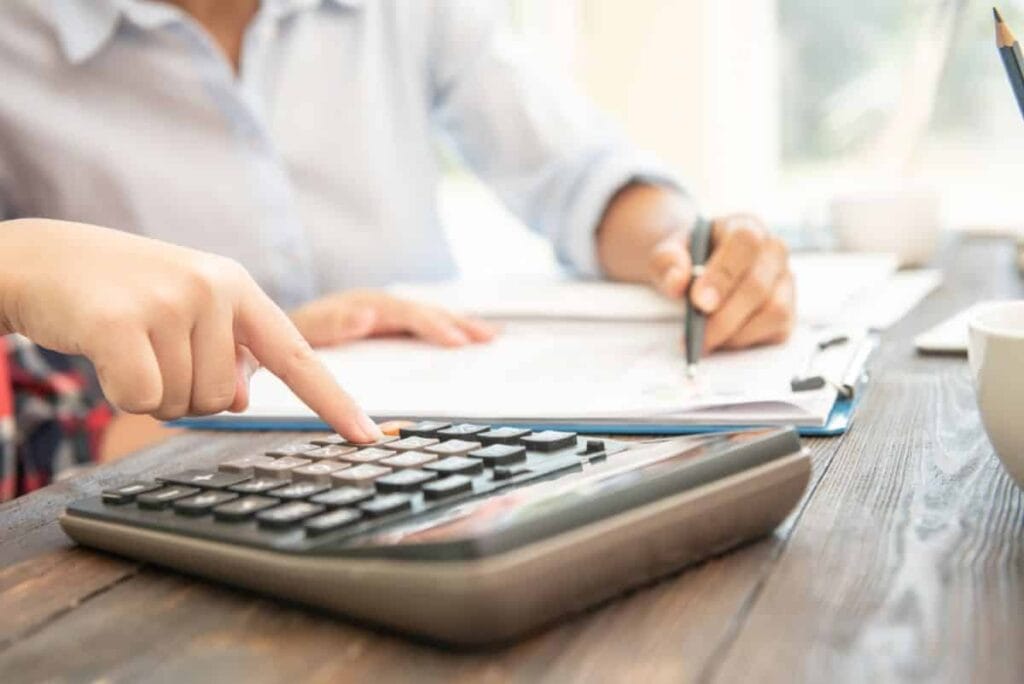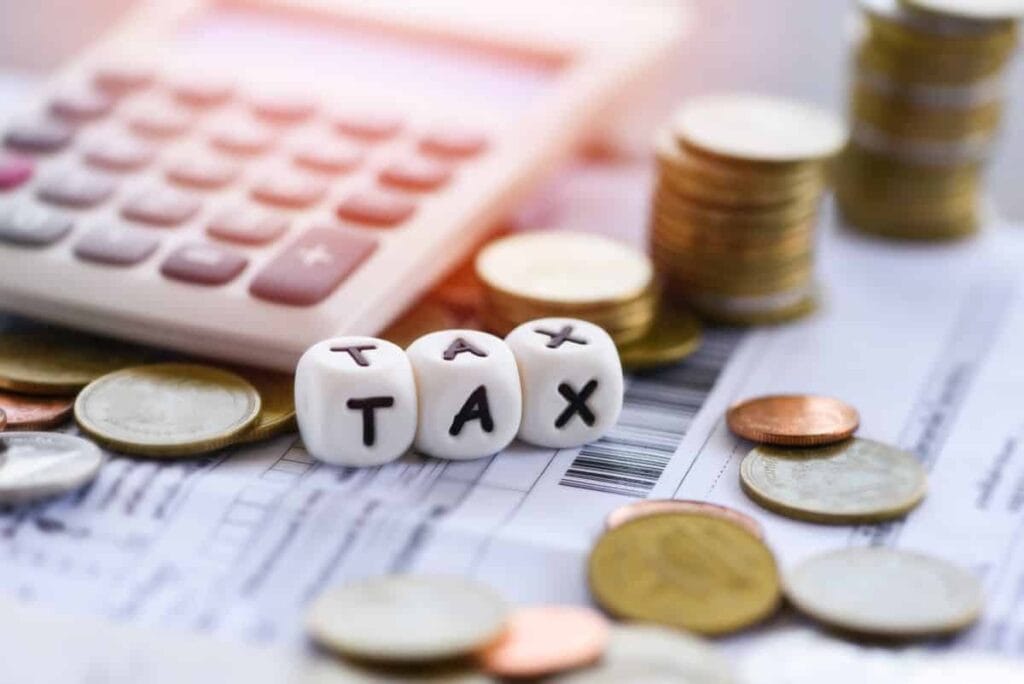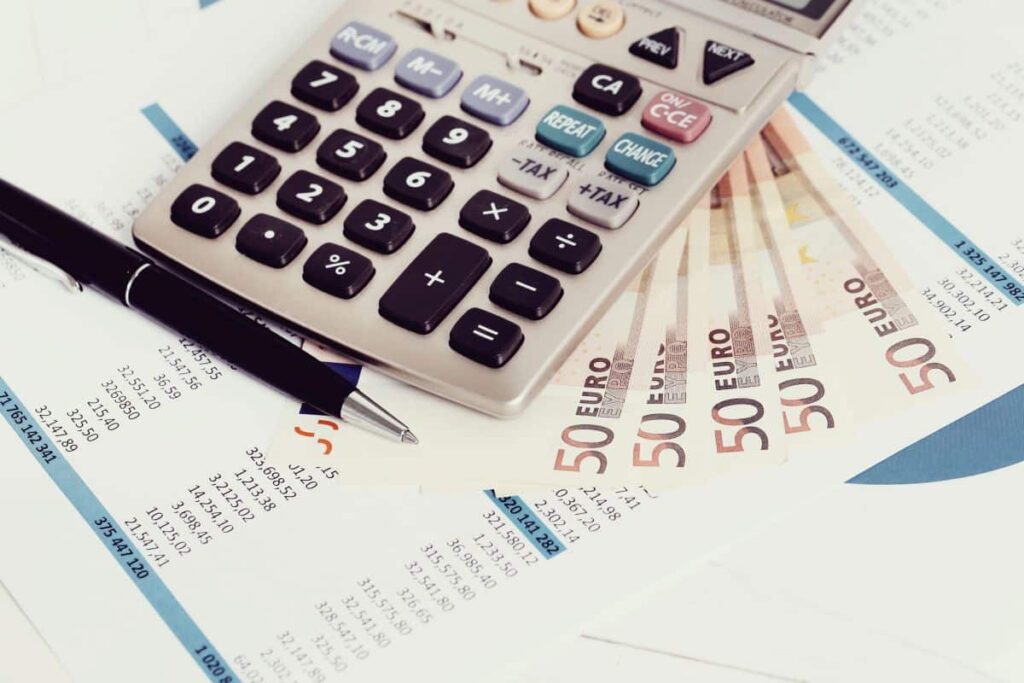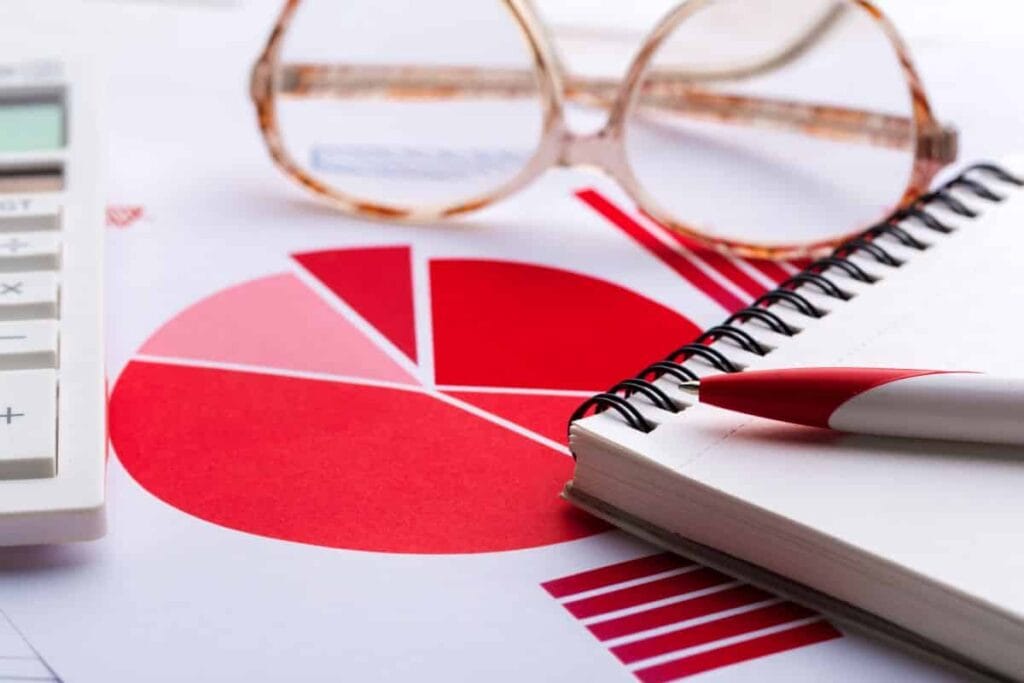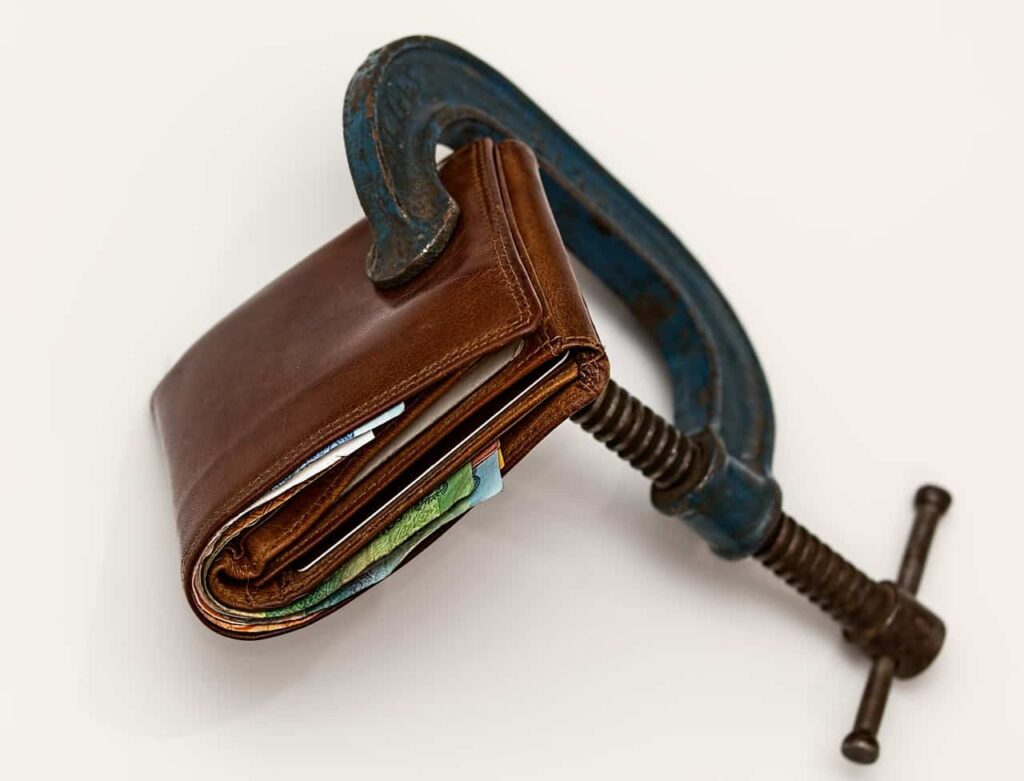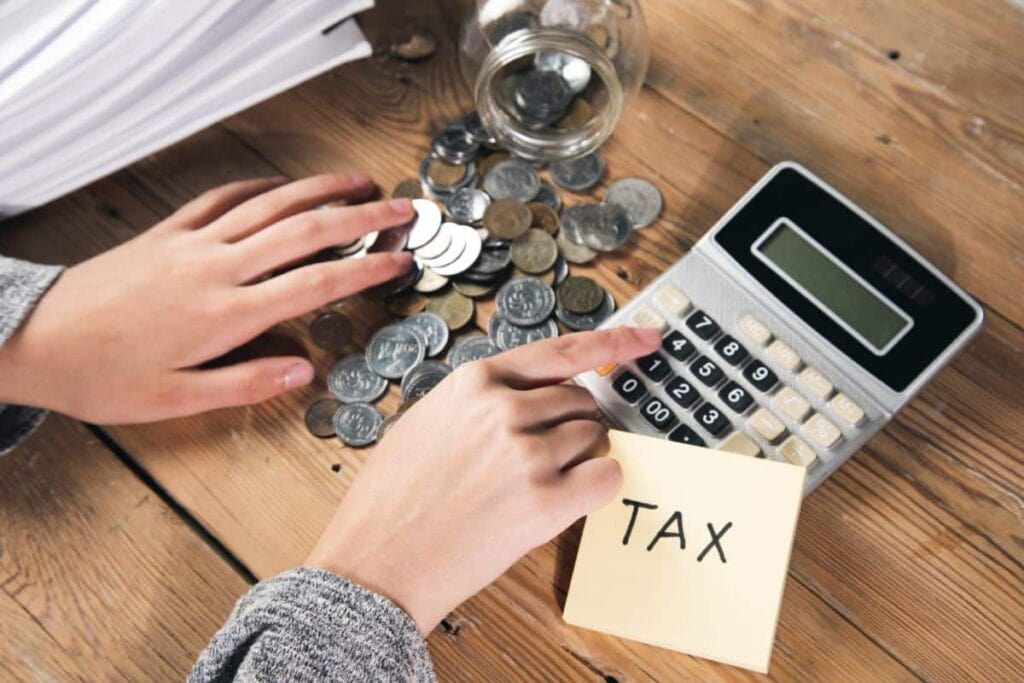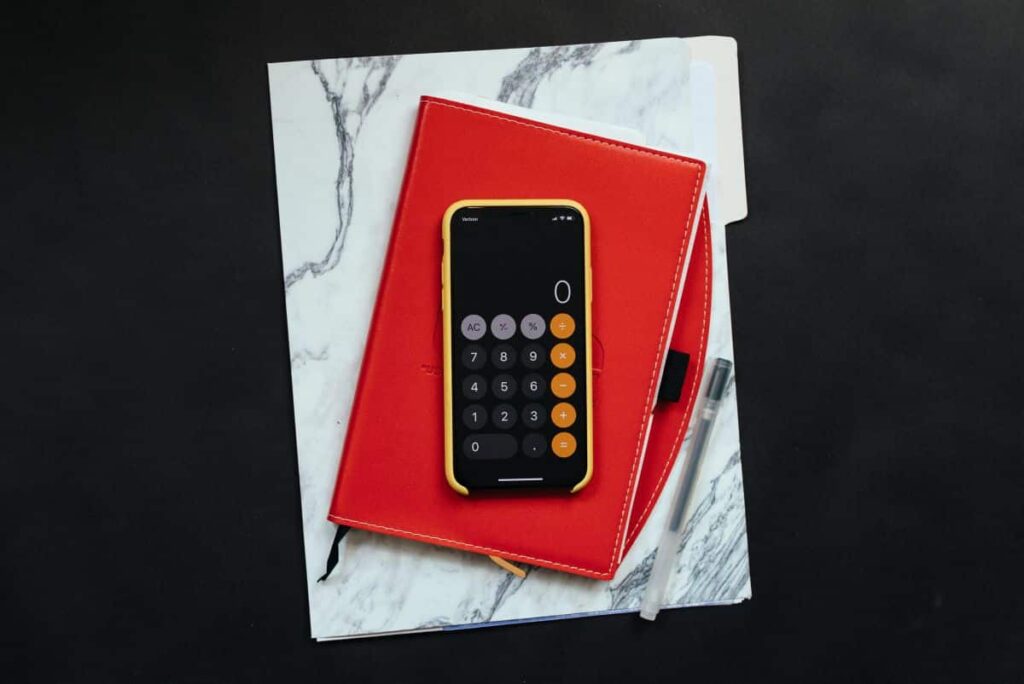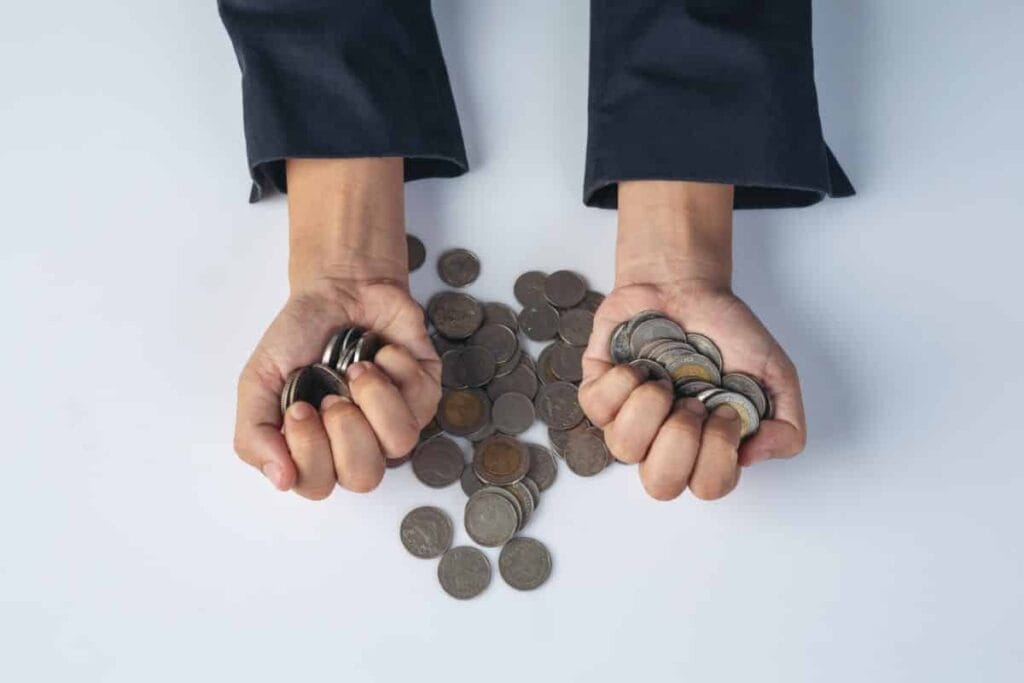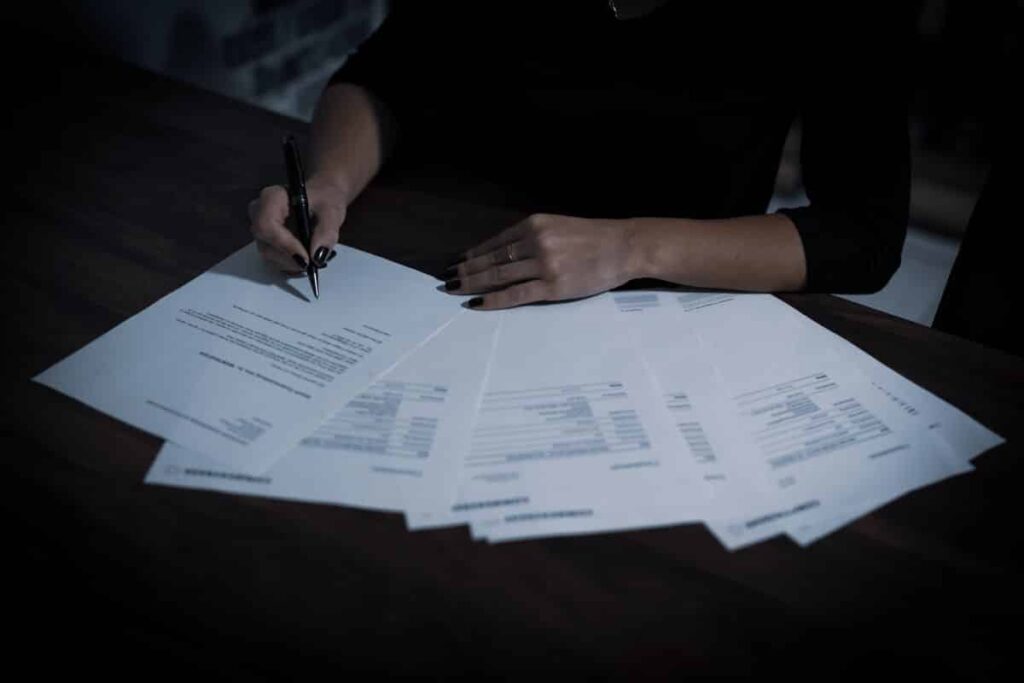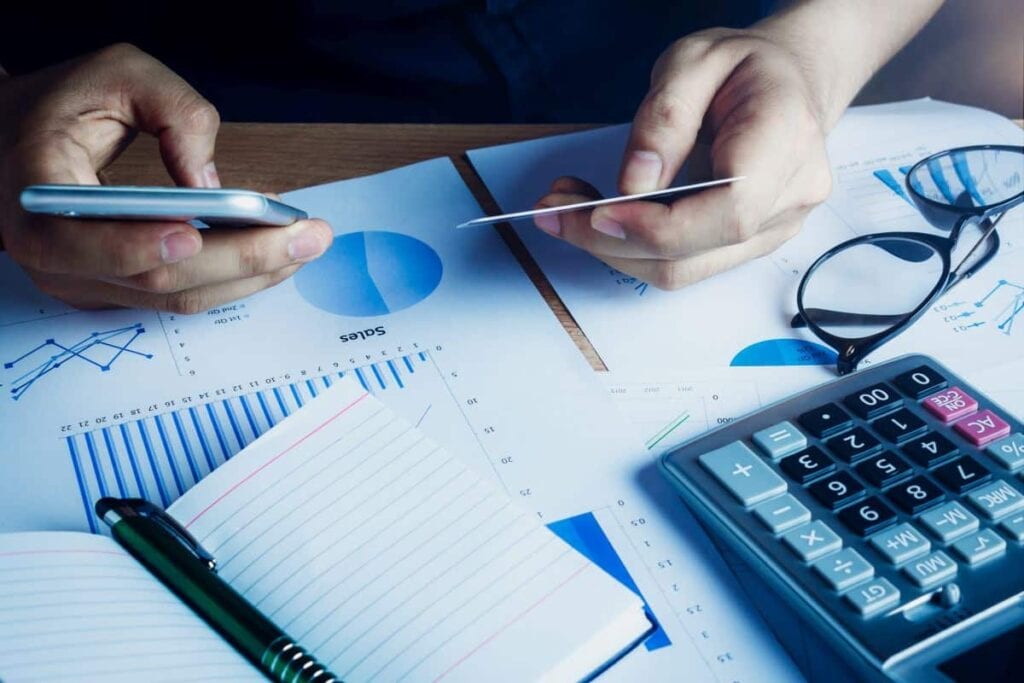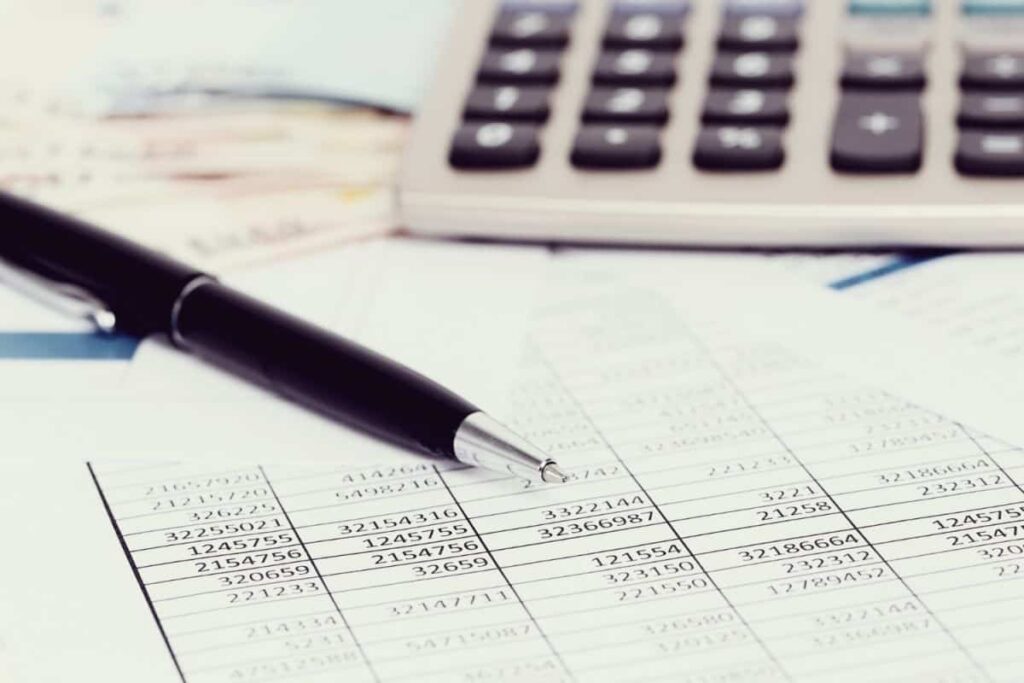What To Do With Your Tax Refunds
Are you one of the millions of people in Australia who are expecting a tax return this year? If so, congratulations! If that’s the case, best of luck! It is usually a pleasant surprise when one receives some additional money from the government. But how exactly should you make use of it? Here are some concepts to consider.
You might use the money from your tax return to make payments on any outstanding debts you might have. This may include debts incurred via credit card use, loans taken out for education, or even a mortgage. Putting the money into savings is a further alternative to consider. This can assist you in preparing for unanticipated costs or just provide you with a cushion in the event that things are bad. Finally, you could put that money back in your pocket and utilize it to do something enjoyable with your family.
Do you have a plan for spending the money you got back from your taxes? If that’s the case, don’t panic; the advice in this post will show you how to make the most of the money you have. Therefore, regardless of whether you want to make an investment in yourself or preserve money for a rainy day, Australian taxpayers have a wide variety of options open to them.
Ways That You Can Make the Most of Your Tax Refund This Year
This year, before you dash off to the stores to spend your tax refund, take some time to think about the ways in which your tax refund may have the most potential to affect your life and your finances.
We hear from a large number of Australians (and tax accountants) about the various ways in which they intend to spend their tax return. Let’s look at a few of their suggestions, shall we?
What should I do with the money that I get back from my taxes? The following shrewd suggestions regarding money have the potential to assist you in becoming more financially secure.
In addition to the Super Contribution
According to projections provided by ASFA, a couple will require a lump amount of $640,000 and a single individual will require $545,000 in order to maintain a good lifestyle once they reach retirement age. (We’ll assume here that you get some of your age pension.)
These are really large numbers when compared to the majority of us. Increasing your contributions to your superannuation account at an earlier stage gives your funds more time to accumulate.
Simply deposit your tax return into your superannuation fund by following the instructions provided by your superannuation fund or advisor; your “future self” will be grateful to you for doing so when you reach retirement age.
Investing now in items of work-related equipment that cost more than $300 can get you a larger deduction when you file your taxes the following year.
Making use of your tax refund could be an excellent alternative for you if you have been delaying the purchase of any expensive work-related things such as computers, tools, or equipment because of the cost involved.
You are required to depreciate or write off, the cost of work-related items that are more than $300 over the “effective life” of the item. If you wait until the end of the year to purchase these products, the benefit that you receive on your subsequent tax return would be quite minimal. However, if you purchase the item in the middle of the year, between July and August, your depreciation computation will span a longer period of time, and as a result, you will be eligible for a larger deduction on your subsequent tax return. This can be made much easier for you with the assistance of your tax agent.
Put up some of your tax refunds in a term deposit for the benefit of your kids
You should set some of your annual tax refunds aside in a savings account so that you will be able to pay for your children’s upcoming expensive bills in the future. If you put your tax return into a long-term deposit or any other secure investment that earns interest over the long term, you’ll have money set aside for your children’s future college expenses or their first vehicle.
When your children are older, you will be able to provide them a significant advantage without placing a significant strain on your financial resources.
Pay Off Debt Owed On Credit Cards Or Loans
Do you feel as though you will never be able to pay off the debt on your credit cards or your personal loan?
Think about using your tax return toward paying off or reducing the balance on one of your credit cards. As soon as you pay off more of your principal debt, the amount of interest you have to pay will begin to decrease. Once you’ve paid off all of your debt, you can put that money to better use for yourself and stop adding to the profits of the bank by making payments on your credit card interest.
Invest Your Tax Return Money In An Account That Can Be Used To Pay Off Your Mortgage
If you already have a mortgage, the financial institution that is providing your mortgage generally gives you the option to “mortgage offset.”
To put it simply, a savings account is what a mortgage offset account is. Instead of collecting interest on your savings each month, the balance in your offset account is removed from the balance of your outstanding mortgage loan when the interest portion of your mortgage payment is calculated.
You will ultimately wind up paying less interest on your mortgage, which will result in you keeping more of the money you pay each month. You will be able to pay off your house loan sooner and spend less of your money on interest costs, all while maintaining a balance in your offset account that is available for use in the event of an unexpected expense.
Should I put my tax refund in the bank?
If you save your tax refund, you might be able to retire quite a bit earlier
That is not an overstatement at all. It’s not a pipe dream, especially if you get a head start. Let’s look at a straightforward illustration:
Johny has reached the age of 25. His annual tax refund amounts to approximately two thousand dollars.
Edward began placing his tax refund money into a standard savings account in 2021. This was an account that he had opened specifically for the purpose of saving money and not spending it. He visited a number of financial institutions before settling on the one that offered the highest interest rate for the account. That will be done once a year by him to ensure that he continues to receive favourable interest rates from the banks. And very soon, he will move the money into a term deposit in order to earn a better interest rate while still maintaining access to the money in the event that there is an emergency.
Let’s find out what happens to Johny’s savings of two thousand dollars he gets from the government once a year.
| Johny’s
Age |
$2000 per year | $2000/year PLUS $50/week |
| 25 | $2,000 | $2,000 |
| 30 | $13,266 | $27,348 |
| 35 | $26,973 | $58,189 |
| 40 | $43,649 | $95,710 |
| 45 | $63,938 | $141,361 |
| 50 | $88,623 | $196,903 |
| 55 | $118,657 | $264,478 |
| 60 | $155,197 | $346,692 |
| 65 | $199,653 | $446,719 |
This table is based on an expected long-term savings interest rate of 4%, which is higher than the rate that is currently being offered, but more conservative than the default rate that is offered by, for example, the moneysmart interest calculator offered by ASIC.

If you have debts that are accruing interest on a monthly basis, paying them off might be your top priority and a good use of any money you get back from the government in the form of a tax refund. Before you start a savings plan, you should think about consulting a financial advisor and determining whether or not you have such debts.
Where You Should Not Invest Your Tax Refund and Why
Just by sitting there and looking at a pokie machine or website that is eating their salary – or their tax refund – Australians burn through billions of dollars every single month. In general, playing pokies is a surefire method to lose money in a short amount of time.
Australians are the most avid gamblers in the world, which is in part due to the fact that their government has sanctioned the proliferation of gambling venues around the country and even on the internet. (Pokies and internet betting have been regulated or outright prohibited in many nations.) The amount of money lost by Australians each year is approximately $24 billion, with more than half of that sum going straight into slot machines.
Pokie machine manufacturers combine technology and cognitive science to give the illusion that the gamer is winning or at least staying even when in reality the player is losing money. It would appear that manufacturers of gambling machines are also working on new strategies to attract members of younger generations to the gaming industry. Companies that offer to bet online are likewise working very hard on developing new strategies and expanding their marketing.
We recommend that if you want to give away your tax return, you donate it to a person who is in need or to a charity; this will make you feel happier than if you gave all of that money to a slot machine would have made you feel if you had done so.
Gambling is intriguing for a number of reasons, one of which is the fact that it can be conceptualized as an indirect form of taxation. There is a high level of taxation on gambling, which may be one of the reasons why gambling may be practised legally in Australia. A sizeable portion of the money that is lost on bets around the country is funnelled back into the government’s coffers. If you wager and end up losing your tax refund, it’s the same as handing over a portion of that money to the Internal Revenue Service all over again.
Pay off the debt
According to data from the Australian Bureau of Statistics, a significant proportion of households in Australia are in some kind of financial obligation. It could be a debt from a credit card, a personal loan, or even a mortgage (or a combination of all).
More than a quarter of these individuals had total debts that were equal to or greater than three times the amount of annual disposable income they had.
If you use even a portion of your tax refund to pay off part or all of your bills, you will have a much easier time managing your money.
Build Up Your Financial Reserves
Putting any unexpected money, such as money from a windfall or a tax refund, into savings while you mull over your options is a prudent thing to do if you aren’t sure what to do with the money right immediately.
There are accounts that will provide you extra interest during the first few months that you have the account, which will add to the initial sum that was sent to you by the tax office. Once you’ve determined how you want to spend your money, you’ll be able to get access to it again.
Another convenient option for putting your money to work is to put it into a term deposit. Because you won’t be able to access it for a certain period of time, the temptation to spend it right immediately is eliminated; but, while you are deciding how you want to put it to use, it can earn some decent interest in the interim.
Boost Your Superannuation
You have the ability to boost the amount of your retirement savings by making a personal contribution to either your own or your spouse’s retirement account.
This money is in addition to any mandatory super contributions that are made on your behalf by your employer, as well as any contributions that you make through any salary sacrifice agreement that you might have.
Contributing money to your superannuation account after taxes has already been taken out is an easy method to add extra funds, and if you have the financial flexibility to do so, you can significantly increase the amount of money you have saved in your retirement account.
Please be aware that there are limits placed on the amount you can contribute to your retirement account during any given tax year. To ensure that you don’t go over these limits, it’s important to consider factors such as your age and whether or whether your contributions are made before or after taxes. You should consult with an independent and competent financial and tax professional before settling on any course of action concerning your retirement savings.
Obtain Some Stock for Your Portfolio
Because the Australian Securities Exchange (ASX) is home to more than 2,000 different companies, you should be wary of investing all of your money in just a single stock. There are, however, strategies to diversify your share investments, which can help alleviate some of the risks that is associated with the volatility of the market.
Investing in exchange-traded funds, also known as ETFs, can provide you with greater diversification across multiple markets. ETFs are listed on a stock market, and investors can buy and sell units in an ETF much like shares of stock through a broker. This gives investors access to a certain region or country, as well as a particular investment theme (e.g. real estate).
ETFs give a relatively low-cost entry method into markets that might otherwise be difficult to access. Additionally, they can provide diversification, transparency, and liquidity to assist in managing risk, particularly when markets are volatile.
Increase the value of your property
Renovating your home or apartment can increase its value and give it a cozier, more lived-in atmosphere, all of which are benefits of doing so. Before you begin the remodeling process, you should double-check to see if the local council has any standards or regulations.
Be aware, too, that similar to other types of investments, the rise in the value of property markets is not always a foregone conclusion. This is something to keep in mind. When renovating, it’s simple to make mistakes like overinvesting in the project or putting too much emphasis on the incorrect places.
Keep to your spending plan, and don’t try to accomplish too much in too short of a time with the money you have available. Even if you only paint one room, this might be a cost-effective way to spruce things up for the new fiscal year.
Buy Your Way to Financial Independence
Having high-interest debt, which is often credit card debt, and having interest accrue at a rate that is negative for you month after month is the single most detrimental thing you can do to your bottom line.
If you have outstanding debt on credit cards, using your tax refund to pay it off is the smartest investment you can make with the money. If you were only making the minimum payment on your credit card debt, for instance, paying off an additional $2,200 in credit card debt may save you an additional $3,585 in interest charges.
If your tax return does not cover the full outstanding sum, you should investigate the possibility of transferring the remaining debt to a credit card that has a lower interest rate and offers balance transfers. If your credit isn’t good enough for that, you should look into getting a loan to consolidate your debts that have a reduced interest rate.
Start formulating a strategy for paying off your outstanding obligations as soon as possible if they carry a high-interest rate. Consider adjusting your current withholding if you anticipate that your tax situation will be the same the following year. This will allow you to have immediate access to the funds necessary to reduce your debt, rather than handing over the money to Uncle Sam as an interest-free loan for the duration of the year.
Get some rest and relaxation.
There is no better way to get a good night’s sleep than to know that you have the financial resources available to handle unforeseen costs (such as four flat tires or a flooded basement) and occurrences that reduce your income (a cut in work hours, disability or sudden job loss). Your goal for your emergency fund should be to save enough money so that it can cover at least three months’ worth of your necessary living expenditures. Having said that, having even just $500 saved will help you weather quite a few emergencies, so if you’re starting from scratch, you should strive for that amount initially. If you want to get an early start on strengthening your financial defences, you could put aside some of the money you get from your tax refund for the cause.
Increase the amount of money you spend on shopping.
The portion of your tax refund that you didn’t waste on frivolous Amazon purchases can now go toward funding the high-priced essentials that are on your shopping list for 2020 (such as car maintenance, tuition, and medical expenditures). This is an excellent development.
It is better not to mix money that is off-limits until it is needed with money that is used for day-to-day expenditure since it needs consistent self-discipline to refrain from using the money for “just this once” purchases if it is mixed together. Instead, you should avoid the pitiful interest rates offered by checking accounts by putting the money away in an account that offers a good rate of return.
Put Some Money Aside for Your Future.
Do you want to know a surefire method for accumulating cash over time? Put some of your tax money back to work. If you let that money and the money you receive from future tax refunds to grow, you will set yourself on the path toward becoming financially independent.
If you were to obtain a tax refund of $3,000, invest it, and make an average annualized return of 6% on it over the course of the next ten years, you would have more than $5,000 in the investment account that you used. That’s not half bad, that’s for sure.
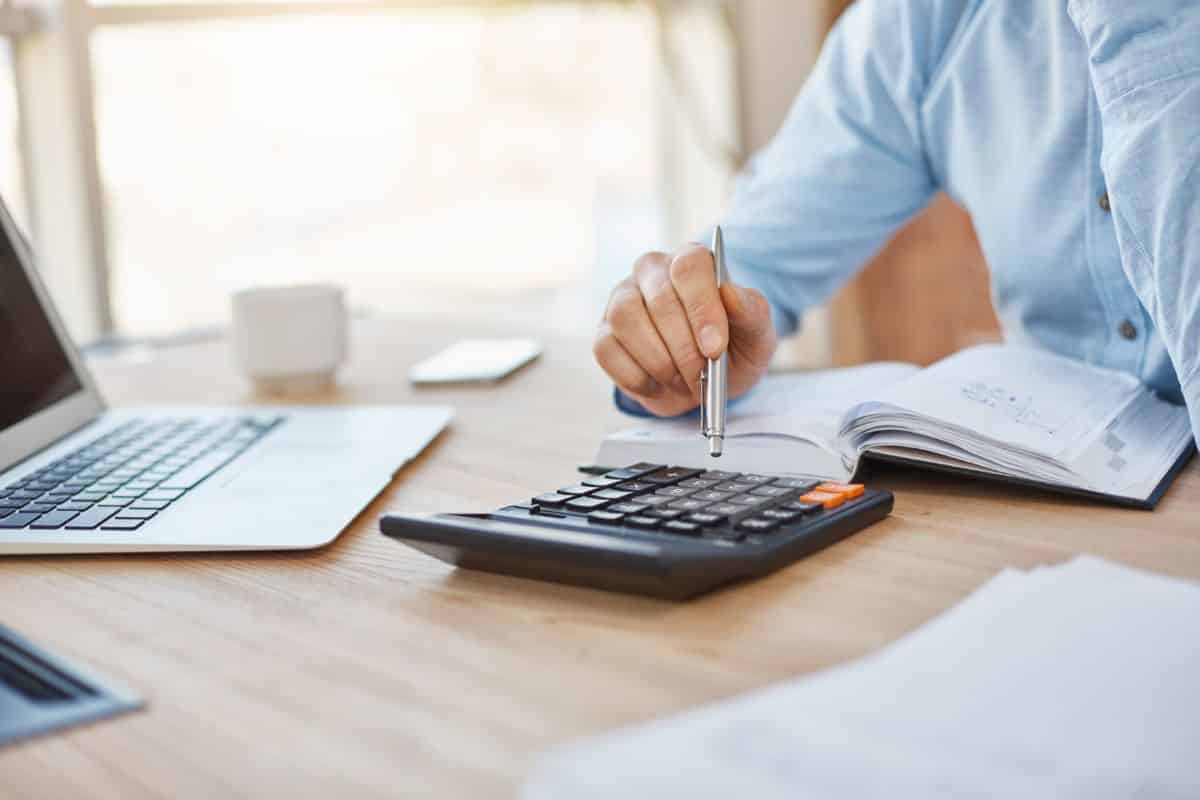
It becomes much better if you make a ten-year commitment to investing the $3,000 tax refund you receive every year during that period. When you take into consideration the effects of compounding and earnings, you will have more than $40,000 in your investing account after some time has passed. And let’s say you have the self-discipline to continue investing your $3,000 tax refund each year for the next 20 years, yielding an average yearly return of 6% for a grand total of $60,000 once the money has been compounded. In this scenario, you may potentially earn approximately $120,000, which is equivalent to receiving a return on your whole investment.
Put Your Money Into Your “Human Capital”
Increasing the value of your human capital is yet another tactic you may use to get the most out of your tax refund. To put it another way, put money into yourself.
Consider the fact that you are the asset that generates the most revenue for you. Your skill, talent, experience, work ethic, and reputation for bringing wonderful snacks to workplace potlucks all contribute to the value of this asset. Additionally, your asset benefits from your reputation for bringing tasty snacks to office potlucks. And unlike returns on the stock market or interest rates, you can affect your own rate of return by increasing your worth in the working environment. This is in contrast to the stock market and interest rates.
If you use your tax refund to pay for extra training, tuition, a work-related conference, or membership in a professional organization, you are making an investment that has the potential to pay off in the form of larger paychecks and increased job security in the years to come.
Fix up your version of the Yellow Brick Road
There is no place like home, and considering the price that people pay for their split-level ranches, Cape Cods, and condos, maintaining the property so that it is in pristine condition is an excellent use of the money that they receive as a tax return.
If you are considering selling your home or refinancing it this year, you should prioritize home improvement projects that will yield the maximum return on investment when the property is eventually placed up for sale or refinanced. There is a reasonable chance that you will receive a satisfactory return on your investment if you make improvements to your home that improve its energy efficiency, its curb appeal, or its kitchen or bathroom using a medium-range remodelling budget. To get a more in-depth look at the topic, you may want to look at the annual Cost vs. Value Report that is published by Remodeling magazine. This report will help you determine which projects may be best for the value of your home. The following is a list of four additional techniques to raise the appraisal value of your house for a refinance.
It’s not always about the money when it comes to home upgrades. If you would love your home more if you upgraded the bathroom or kitchen, or if you installed a new deck, then there is more than enough justification for you to use your tax refund to spruce up the place.



